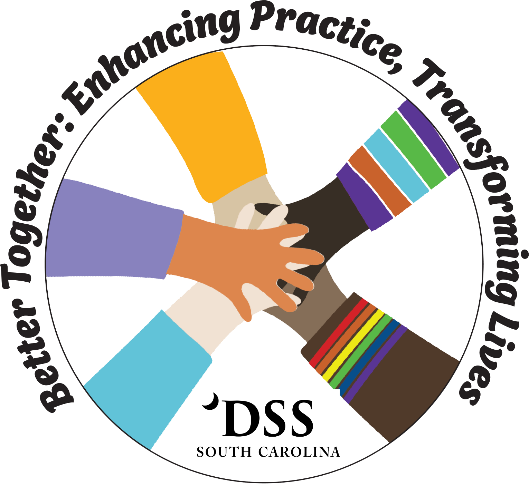Recognizing Biases
All people have biases, whether implicit or explicit. Recognizing and addressing our own biases is critical to ensuring fairness and equity in our decision-making and interactions with families.
A bias is a personal and sometimes unreasoned judgment against a person, place, or thing. Biases - including how a person looks, sounds, and even where they live - may influence our decision-making.
• An implicit bias is a bias or prejudice that is present but not consciously held or recognized so we are often unaware of it.
• An explicit bias is a personal and unreasoned judgement that we have about a person, place, or thing on a conscious level.
Understanding the Impacts of Bias in Child Welfare
Research has shown that bias frequently impacts decision-making. Individual biases are often deeply entrenched and are born out of a long national history rife with unequal treatment of different social groups, discrimination and oppression, cultural conditioning, and stereotypical portrayals of social groups.
In particular, significant disparities exist throughout the child welfare system. Research has shown that mandated reporters' decisions to report a family for child abuse or neglect are too often influenced by biases and personal beliefs. An implicit bias may even sway you to make a report against one parent/caregiver and not another even when the objective facts and information are the same.
Research also shows that these biases contribute to a disproportionate number of reports being made on specific individuals or groups – including communities of color and Black communities in particular – far more than others. This leads to a disproportionate level of Child Protective Services (CPS) involvement in certain communities that can have long-lasting and devastating impacts on families and communities.
Each assessment made by a mandated reporter regarding whether to make a report can change the course of the life of a child and all members of a family. It is important to be aware of the propensity for implicit or explicit bias and to be intentional about making decisions based on the objective facts of a situation. Part of this process is to increase our awareness regarding our own beliefs, including those that may be hidden or unconscious.
When assessing information received about a child and their family, instead of making assumptions or jumping to conclusions that a child is being maltreated or abused, we must ask ourselves the right analytical and evaluative questions.
| For example, would my decision to make a report of suspected child maltreatment or abuse change if any of the following were different? | |
|
|
The best tool we have to combat bias is critical thinking.
| Critical thinking requires you to: |
|
South Carolina law requires mandated reporters to make a report when they receive information in their professional capacity that gives them reason to believe a child has been or may be abused or neglected as defined in S.C. Code Ann. § 63-7-20.
To report suspected child abuse or neglect, contact the SCDSS 24-hr, toll-free hotline at 888-CARE4US (888-227-3487).
Contact 911 immediately if the situation is a life-threatening emergency.
For a detailed overview of mandated reporter requirements and how to make a report in South Carolina, see the Mandated Reporter Guide, found on the Children’s Law Center website at http://childlaw.sc.edu.
To schedule a free training on mandated reporting, contact the Children’s Law Center at 803-777-1646.
(This publication was originally developed by the New York State Office of Children and Family Services and has been reformatted and reproduced by the Children’s Law Center with permission.
https://ocfs.ny.gov/programs/cps/)

